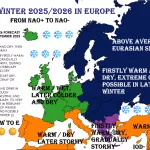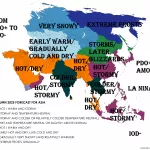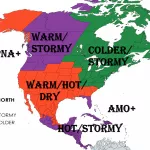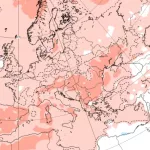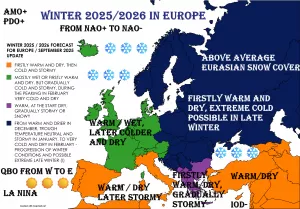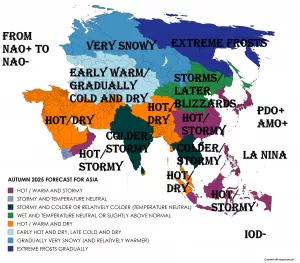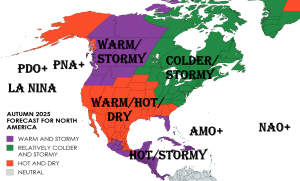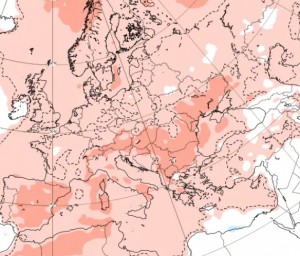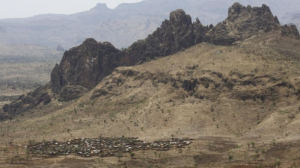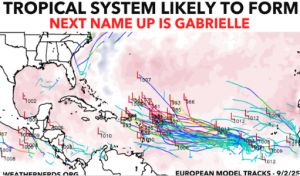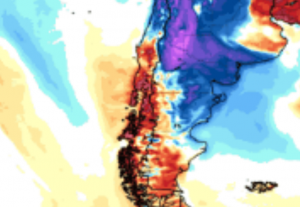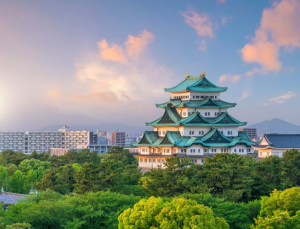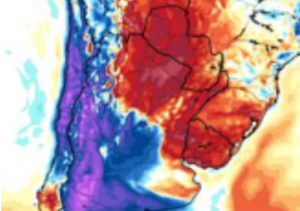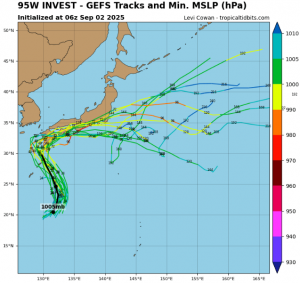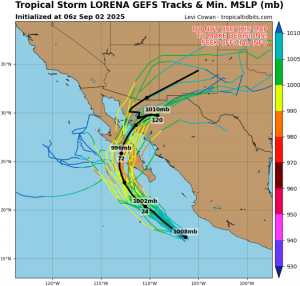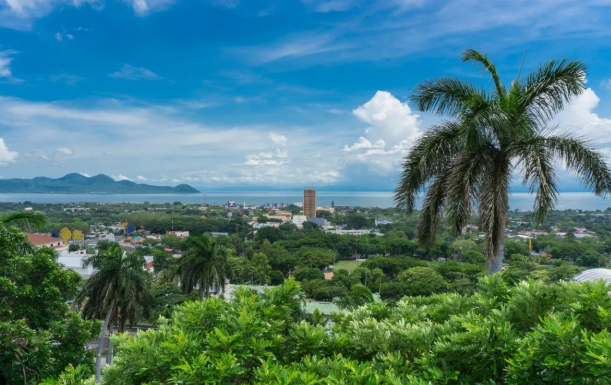
Nicaragua has just lived through a truly extraordinary climatic event. Yesterday, the capital city Managua experienced a temperature surge to a blistering 37.5°C, which pulverized its all-time August heat record.
This is not just another hot day in the tropics — it is a climate milestone for Central America. In a region where humidity is already oppressive, such record-shattering extremes amplify the dangers of heat stress, health impacts, and energy demand. The breaking of monthly absolute records in the capital itself is a dramatic signal of how far beyond norms this event lies.
Normally, Managua’s August highs hover several degrees lower, moderated by the tropical rainy season. Instead, the city endured scorching and dry conditions more reminiscent of April (the hottest time of year in Central America) than late August. To set a new all-time August record at 37.5°C highlights the increasing volatility and extremity of regional climate.
This event in Nicaragua aligns with a wider global pattern of extraordinary late-summer heat waves seen in Asia, North America, and Europe — from Canada’s 38.6°C to Japan’s 37.4°C. Taken together, they signal a planetary-scale climate disruption where records are being obliterated in every hemisphere.
In summary, 37.5°C in Managua is more than just a number: it represents the hottest August day in the city’s recorded history, a landmark moment for Nicaragua, and another entry in the growing list of global extremes of 2025.

Source: https://www.nicaragua-travels.com/managua-capital-lake/managua

